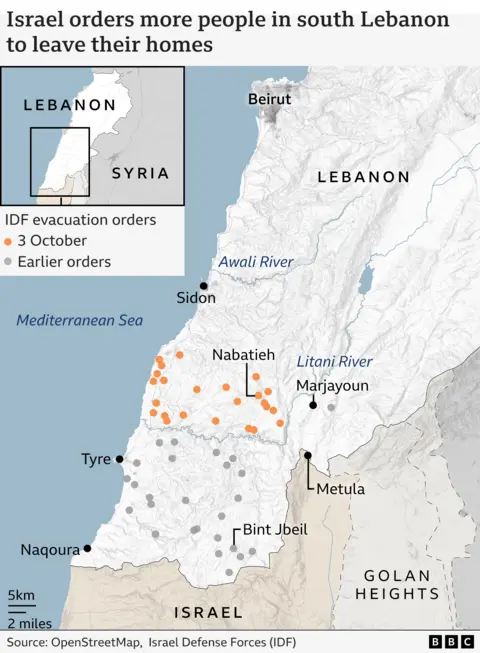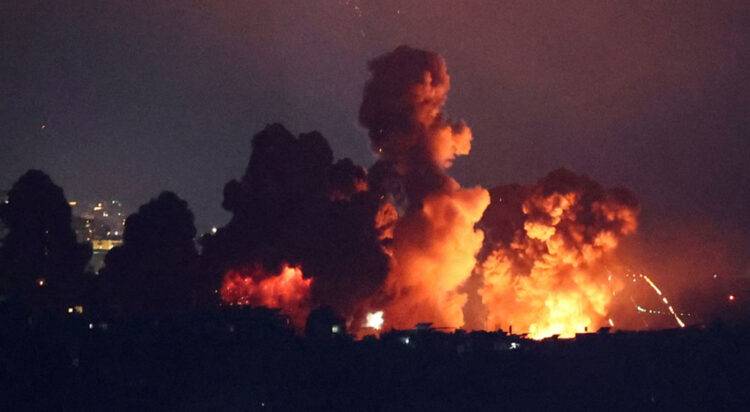As Israel escalates its airstrikes and begins a ground invasion of Lebanon, several countries have evacuated their citizens from the country. In the past week, more than a million Lebanese have been forced to leave their homes.
Large-scale explosions occurred in Beirut on Thursday night as a result of Israeli airstrikes, one of which was near the international airport.
According to Lebanon’s ministry of public health, 151 people were injured and 37 people have killed as a result of air and ground attacks in the past 24 hours.
The governments of the UK and the EU continue to strongly warn against traveling to Lebanon in light of this dangerous escalation, and its citizens are urged to depart while commercial flights are still available.
Here’s what you need to know if you’re considering a trip to Lebanon, Egypt or Jordan.
Lebanon
Since Israel started its invasion of its northern neighbor, more than 700 people have died in the Lebanon. ‘No-go’ travel advisories for Lebanon have also been issued by the governments of other nations, including the UK, Australia, and France.
It alerts readers to the continuing artillery and mortar exchanges as well as airstrikes in Lebanon, mostly along the border with Israel but also in the Beqaa Valley and a few other areas north of the Litani River.

Egypt
Egypt shares borders with Israel and Gaza but the country hasn’t been drawn into the conflict. However, there are several parts of the country are regarded as dangerous for visitors. Egypt’s borders are still open to foreign tourism, and domestic airlines and package tour companies are operating normally there. The majority of Egypt’s major cities and popular tourist destinations are situated far from Gaza’s and Israel’s borders.
Jordan
Jordan is bordered by Syria, the West Bank, and Israel. While Jordan is a secure place to visit, certain countries have advised against going to the areas close to the Syrian border. Moreover, it issues a high-risk warning about terrorism.
Although certain flights to Amman and Aqaba airports have been impacted, borders are still open and the majority of Jordan’s tourist attractions are unharmed by the unrest.
Certain airlines have halted all of their flights to and from Israel and Jordan “because of the worsening situation in the area.”



































